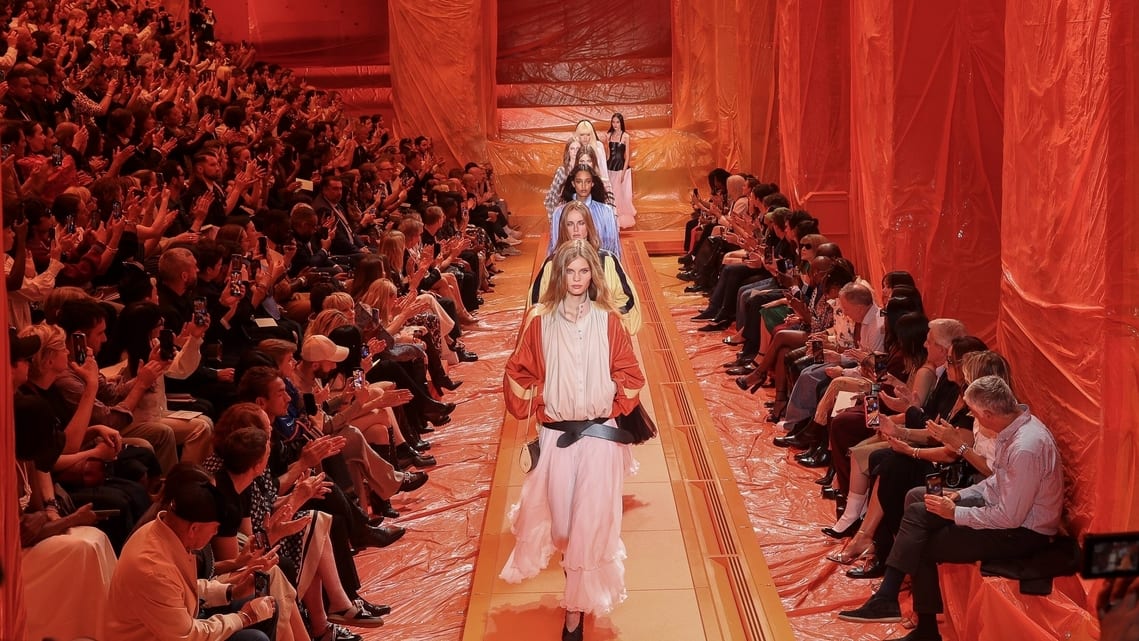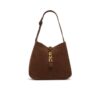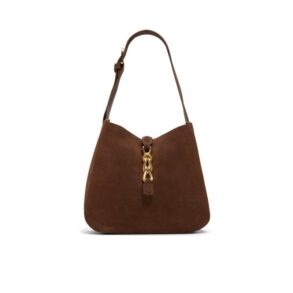
After three years of extravagant spending, shoppers worldwide are now thinking twice about buying costly handbags and garments
LVMH’s sales growth softened in the third quarter as shoppers reined in spending on high-end Cognac and costly handbags—more evidence the post-pandemic luxury boom is waning.
Organic revenue at the French group’s crucial fashion and leather goods unit, which includes the Louis Vuitton and Christian Dior labels, rose 9%, the company said. Analysts expected an 11.2% increase. Sales at the wines and spirits unit tumbled 14%, much worse than estimates.
“After three roaring years and outstanding years, growth is converging toward numbers that are more in line with the historical average,” LVMH chief financial officer Jean-Jacques Guiony said during the quarterly presentation.
LVMH Moet Hennessy Louis Vuitton SE, a favourite of investors in recent years, has lost some luster as China’s recovery underwhelms and demand from US consumers cools. The luxury group passed the crown of Europe’s most valuable company last month to drugmaker Novo Nordisk A/S.
Sales in Asia, excluding Japan, grew 11%, well short of estimates in the third quarter and a sign that China may be losing steam. The only unit that recorded sales ahead of analysts’ expectations was selective retailing, which includes cosmetics chain Sephora.
Asked about the long-term growth outlook of Dior, the group’s second biggest fashion label, Guiony said it had tripled in size in less than seven years.
“At some point, growth rates have to normalize,” Guiony said. “Don’t expect the brand to continue to grow 30% per annum for ever. It will not happen,” he said, adding that Dior will continue to deliver value.
Guiony said its jewelry brand Bulgari fared a bit better in the third quarter due to its bigger exposure to Asia compared to Tiffany, which has a bigger footprint in the US. Organic revenue growth in the US was only 2% in the period.
“This seems a sign of continuing moderation, as consumers sober up after the post-pandemic euphoria,” Bernstein analyst Luca Solca said in a note.
Overall, the group posted 9% organic revenue growth, below estimates. LVMH is considered a bellwether for the luxury sector. Rivals Hermes International and Gucci owner Kering SA report later this month.
This post was originally published on this site be sure to check out more of their content.








